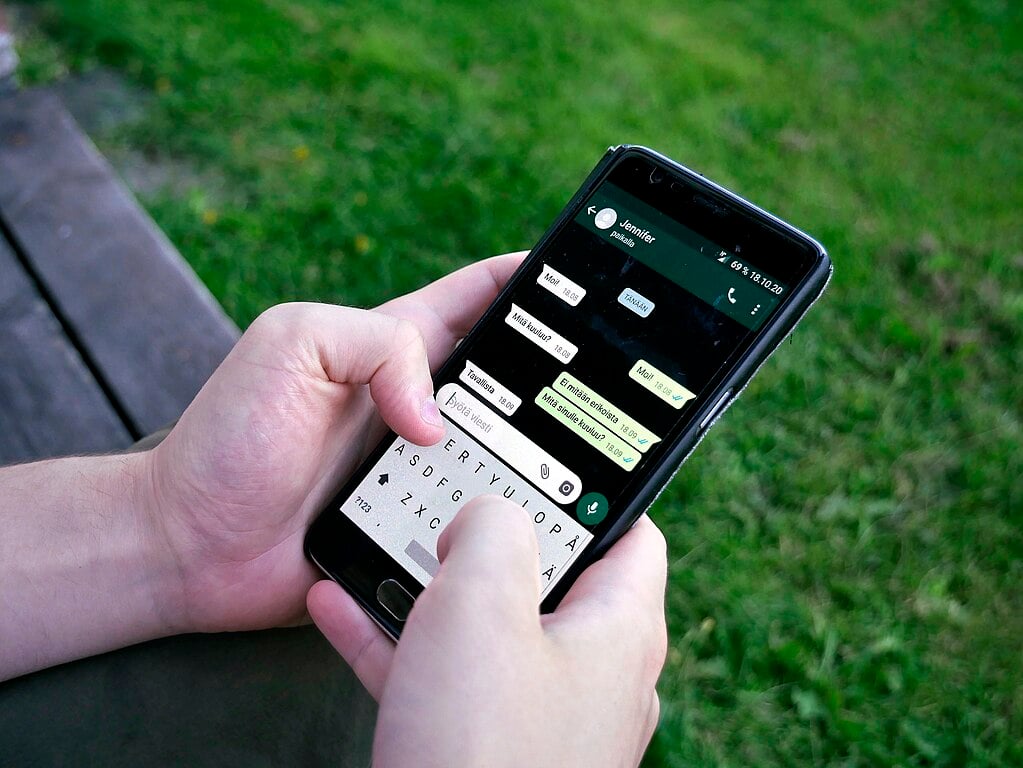The National Security Agency (NSA) has issued a critical warning about secure messaging apps like Signal and WhatsApp that flips conventional security wisdom on its head: the apps themselves aren’t vulnerable—user behavior is the weak link.
This warning comes at a pivotal moment, following a high-profile incident where Trump administration officials accidentally added a journalist to a sensitive Signal group chat discussing military operations against Houthi rebels in Yemen.
It’s Not a Bug, It’s User Error
The NSA advisory emphasizes that end-to-end encryption (E2EE) only protects messages if users avoid two critical mistakes:
“The biggest risk of eavesdropping on a Signal conversation comes from the individual phones that the app is running on,” explains Foreign Policy. “Smartphones are consumer devices, not at all suitable for classified U.S. government conversations.”
Dangerous Feature #1: Linked Devices
This feature synchronizes your account across multiple devices but creates replicas vulnerable to hijacking. Russian GRU hackers exploited this against Ukrainian officials, gaining access to their Signal accounts.
To protect yourself:
- Regularly check Settings > Linked Devices
- Remove any unrecognized devices immediately
- Periodically unlink and relink browser “web app” connections
Dangerous Feature #2: Group Links
These simplify adding new members but can expose sensitive conversations if mishandled.
For Signal users:
- Disable Group Links in group settings
For WhatsApp users:
- Set groups to “Admin Only” for adding members
- Avoid using invite links for sensitive groups
Similar Posts
Signal vs. WhatsApp: Security Differences Matter
While both apps use Signal’s encryption protocol, they differ significantly:
- Minimal metadata collection
- Granular privacy controls
- “Gold standard in private comms,” according to CEO Meredith Whittaker
WhatsApp:
- Shares metadata with parent company Meta
- Recently enabled as default messaging app on iPhones
- Reached 100 million U.S. users in 2024
- Increasingly used for workplace communications
“WhatsApp licenses Signal’s cryptography to protect message contents for consumer WhatsApp,” Whittaker noted, but the “same level of security doesn’t apply to business comms.”
The “SignalGate” Scandal
The accidental addition of The Atlantic’s editor Jeffrey Goldberg to a sensitive U.S. officials’ Signal group revealed discussion of military plans against Houthi rebels in Yemen.
Key participants included:
- Michael Waltz (National Security Adviser)
- Pete Hegseth (Defense Secretary)
- JD Vance (Vice President)
- Other high-ranking officials
The White House declared the case “closed,” with press secretary Karoline Leavitt stating that “steps have been made to ensure that something like that can obviously never happen again.”
Beyond Apps: The Spyware Threat
The NSA emphasizes that phone security fundamentally matters:
“An entire industry of spyware companies sells capabilities to remotely hack smartphones for any country willing to pay,” Forbes reports, referring to forensic exploits that have targeted iPhones and Androids.
To mitigate these risks:
- Keep your phone’s operating system updated
- Set and regularly change app PINs
- Enable screen locks
- Avoid clicking unexpected links or attachments
Expert Recommendations
The Cybersecurity and Infrastructure Security Agency (CISA) recommends using end-to-end encrypted apps like Signal while cautioning, “No app is bulletproof if user practices are flawed.”
Security technologist Bruce Schneier advocates for “defense-dominant” strategies, opposing government-mandated backdoors while acknowledging the need for robust personal security practices.
Workplace Messaging Trends
“It’s a WhatsApp world at work now,” reports the Financial Times, “and that’s not always a good thing.”
- 72% of businesses now use WhatsApp for work communications
- The line between work and personal communications continues to blur
- The global spyware market is projected to reach $12 billion by 2026
The Bottom Line
The NSA’s warning highlights that encryption technology alone can’t protect your communications—user vigilance and device hygiene are equally critical. For both government officials and everyday users, regularly auditing settings, practicing phishing awareness, and maintaining updated devices remain the most effective protection against messaging vulnerabilities.
As the NSA bulletin explicitly notes, even unclassified but sensitive data (Protected, FOUO, or CUI) shouldn’t be shared via third-party apps—a policy often overlooked in both government and corporate settings.
The lesson is clear: your secure messaging app is only as secure as how you use it.



















